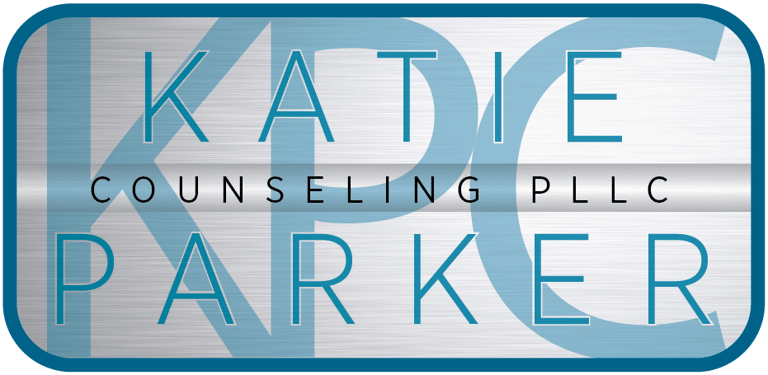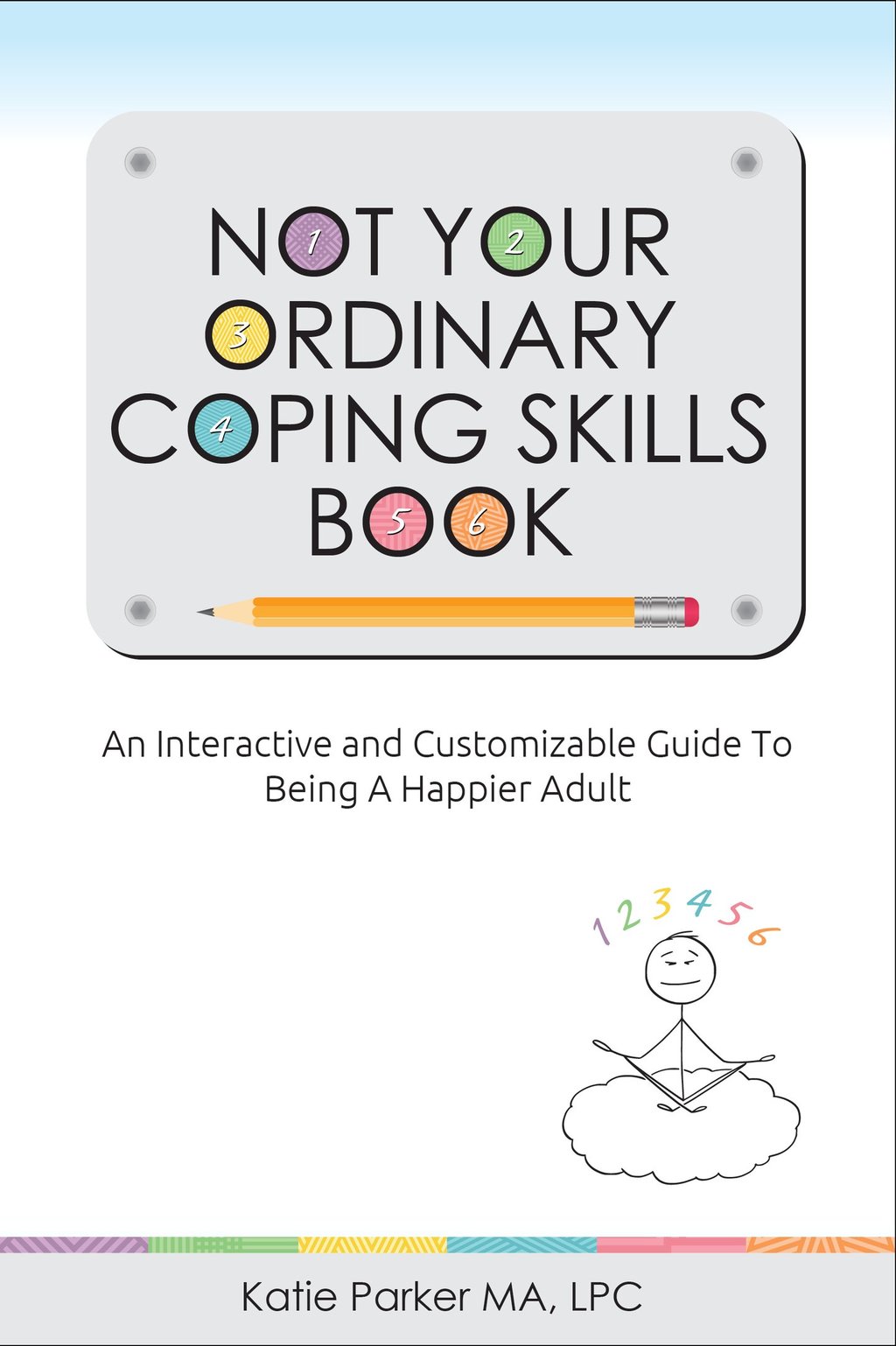Understanding Coping Skills: More Than Just a Buzzword
If you’ve ever rolled your eyes when you hear the phrase “coping skills,” you’re not alone.
The term gets tossed around so casually these days on social media, in memes, in therapy joke posts, that it’s almost become a punchline. Clients sometimes say things like:
“I know, I know… coping skills.”
“Is that just therapist code for taking a bubble bath?”
“I’ve tried coping skills. They don’t work.”
And I get it. When a term becomes generic, overused, and stripped of nuance, it starts to feel meaningless.
But here’s the truth:
Coping skills are not fluffy, optional, or outdated.
They are the cornerstone of mental health because they give us a way to navigate stress, emotions, and life’s curveballs with a way to take control instead of sitting idly by.
In my nearly two decades as a therapist, I’ve seen firsthand that progress in therapy doesn’t happen because life gets easier. It happens because you become more equipped.
Yet many people don’t make progress because they’ve never been taught coping skills in a way that is:
organized
personalized
practical
and easy to actually use in real moments of distress
That’s exactly why I developed a structured system that eventually became the foundation of my book.
Why Coping Skills Get a Bad Reputation (and Why That Needs Change)
The term “coping skills” has become the equivalent of “thoughts and prayers” in the mental health world. Well intended, but vague and sometimes dismissed.
There are a few reasons for this:
1. They’re often presented without context.
“Try deep breathing” isn’t helpful if no one teaches you why it works or when to use it.
2. People try one or two skills and assume all coping skills are useless.
If you only try a hammer when you actually need a screwdriver, you walk away thinking tools don’t work.
3. They’re given as reactive, one size fits all solutions.
Not all coping skills help all people in all situations. A skill that works during anxiety may fall flat during grief or anger.
4. Our brains don’t automatically retrieve coping options when stressed
If you don’t have a clear system, your mind goes blank and even great skills never get used. Because of this, clients often feel like they’re “failing therapy" or that the tools are useless and reach for more consequence heavy means of coping.
So, Coping Skills DO Matter
Despite the SNL comedy skits and the eye rolls, coping skills remain one of the most evidence supported ways to:
reduce symptoms
regulate emotions
improve relationships
increase resilience
feel more in control of your life
There is no magic solution in therapy.
No “happy pill.”
No shortcut around being human.
But there are tools, powerful ones, that can change your entire experience of stress, anxiety, depression, and everyday challenges.
You just need a system that makes them:
easy to remember
easy to practice
easy to personalize
easy to actually use when you need them most
This is exactly the gap I saw in therapy time and time again.
A Six Category System That Makes Coping Skills Finally “Click”
After working with hundreds of clients facing everything from daily stress to severe mental illness, I started helping clients develop lists of strengths in six distinct categories. This structure helps clients:
find the right skill for the right moment
understand why certain skills work better than others
build a personalized, effective toolkit
stop guessing and start feeling in control
This method worked so well in my practice that I turned it into a book designed for anyone, not just therapy clients to use.
Why I Needed To Write This Book
My book was born out of a real need. And the feedback I was getting was amazing! Clients kept saying:
“I have actually used my skills list and it helped!”
“I used my skills list when my mind went blank.”
“I finally have something more than just talking to help me.”
So I took the system I’ve used in therapy for years and created a value filled, user-friendly resource that helps you:
✔️ learn dozens of proven coping strategies
✔️ understand how and when to use each one
✔️ build your own custom coping toolkit
✔️ practice skills that actually work for you
✔️ feel more prepared no matter what you’re facing
It’s a guide, a workbook, and a process all in one.
If you’ve ever said “Coping skills don’t work for me,” this book will show you how to make them work because you’ll finally have a structure that makes sense.
GET YOUR COPY HERE
Coping Skills May Not Be Trendy, But They're Effective
At the end of the day, coping skills aren't simply about glitter jars, counting to ten, or generic advice.
When you organize them into categories which are then personalized and built upon proven evidence-based practices, coping skills stop feeling generic and start becoming the game changing support you’ve been looking for.
Whether you’re struggling with issues such as stress, anxiety, burnout, or depression, having a reliable coping toolkit isn’t optional, it's transformative.
If you want to explore the full six category system and build your own personalized plan, you can find my book on Amazon or at other online retailers. It’s written as if we’re working together, step by step, to help you create a toolkit that will serve you for years to come.
It is truly my joy to guide you on a path toward greater happiness, fulfillment and self improvement!
HAPPY COPING!




